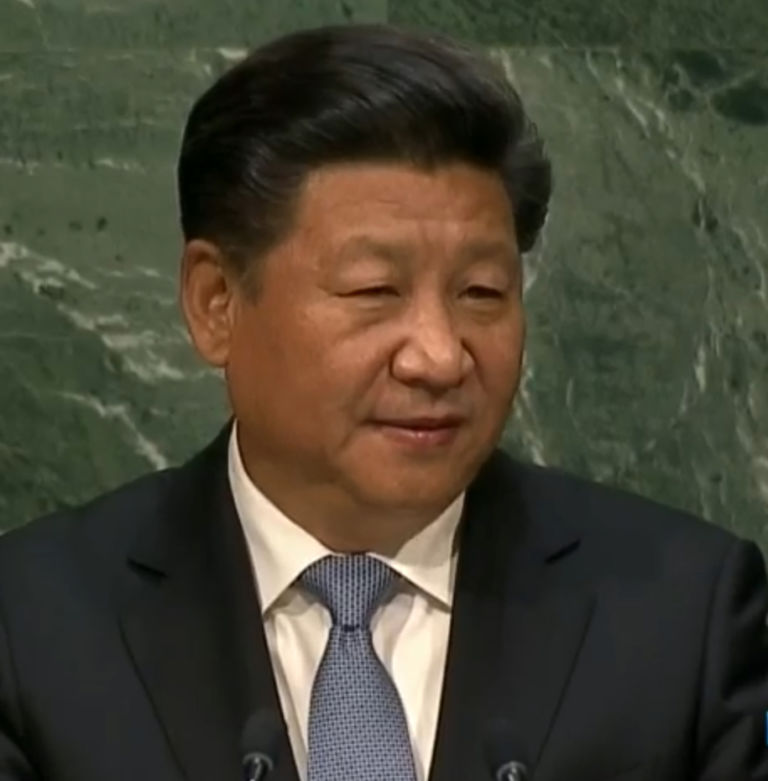While much of the discussion in recent weeks about American involvement in the Libyan conflict focused on the need for support from other countries, Michael Barone says that approach creates problems. He explains why in a Washington Examiner column.
[O]ur action in Iraq was not in any literal sense unilateral, as so many critics said then and as journalists today casually assume. More than 30 countries participated in the invasion and occupation of Iraq. Thirty is not one.
The usual response to that inconvenient fact is that the other countries don’t really count, because the United States took the initiative and provided the majority of military assets.
Well, yes. What else would you expect when the United States, with 5 percent of the world’s population, produces more than one-quarter of world economic output, and by most measures has more than one-half of projectable military power? In such a world the initiative will usually be left to the United States.
Some Iraq war critics who consider themselves sophisticated took to disparaging the contribution of our allies. This was patronizing and unfair to middle-sized nations like Poland that suffered significant casualties and of small countries like Estonia (with a population slight greater than Rhode Island) whose contribution proportionate to population was substantial.
It’s a foolish kind of anthropomorphism, applying the rules of a children’s playground to international affairs, to say that America is acting like a bully when it takes the initiative. Or to say that we must act as if we are just one nation of 192, with a vote and moral standing no greater than anyone else’s.
That’s the rule, to be sure, in the United Nations General Assembly–which is why Franklin Roosevelt was careful when he designed the UN to make sure that it had no real power. It’s not an intelligent way to think about foreign affairs and military power in the real world.


